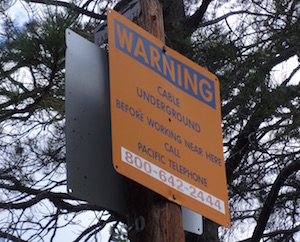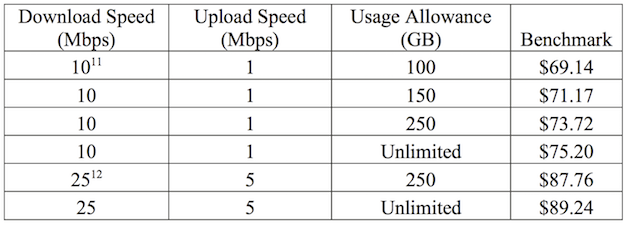Google Fiber tries cheaper service tier in Kansas City
![By John Cummings (Own work) [CC BY-SA 4.0 (https://creativecommons.org/licenses/by-sa/4.0)], via Wikimedia Commons](https://www.tellusventure.com/images/2016/4/google_tree.jpg)
Google Fiber is pulling its 5 Mbps data plan off the market in Kansas City. It’s often mischaracterised as free, but it wasn’t quite that. The deal was that people living in a soon-to-be blessed fiberhood could pay a $300 installation fee and get 5 Mbps service for seven years. Speculation is that Google Fiber is trying to pump up revenue by steering low end subs to a $50 a month, 100 Mbps plan with free installation.… More


![By Nan Palmero [CC BY 2.0 (https://creativecommons.org/licenses/by/2.0)], via Wikimedia Commons](https://www.tellusventure.com/images/2016/4/router.jpg)
![By FBI (FBI.gov) [Public domain], via Wikimedia Commons](https://www.tellusventure.com/images/2016/4/fbi_anti_piracy.jpg)




